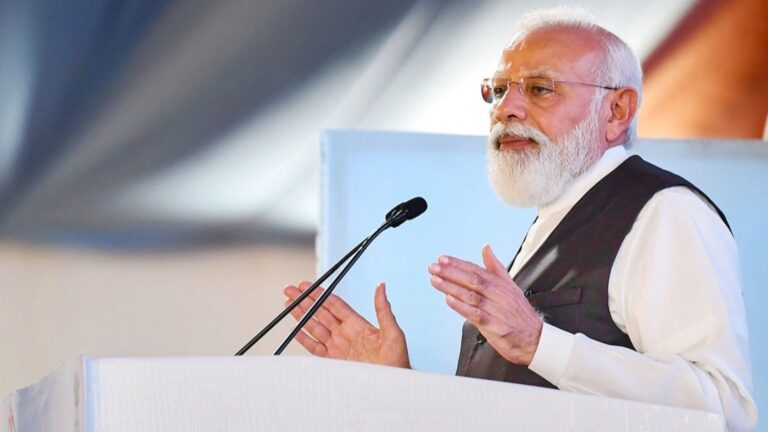
Renowned Agricultural Scientist and Architect of India's Green Revolution, Dr MS Swaminathan, Passes Away at 98
Mankombu Sambasivan Swaminathan, a legendary figure in the field of agriculture and the renowned architect of India’s “Green Revolution,” has passed away at the age of 98. His demise, attributed to age-related illness, occurred at his home in Chennai, India. Dr. MS Swaminathan’s extraordinary contributions to agriculture have left an indelible mark on India and the world, transforming food security and earning him global recognition.
Born in Tamil Nadu’s Thanjavur district, Dr MS Swaminathan embarked on a remarkable journey that forever altered the course of agriculture in India. After earning his doctorate in genetics from Cambridge University in 1952, he turned down lucrative offers in the United States to return to post-independence India with a resolute determination to serve his nation.
His tenure coincided with a period of dire food shortages in India, which left the country heavily reliant on foreign aid. However, Dr Swaminathan’s visionary approach and groundbreaking work in agriculture ushered in a new era. Collaborating with US agronomist Norman Borlaug, a Nobel Peace Prize laureate, he played a pivotal role in introducing industrial farming techniques to India.
The result was the “Green Revolution,” a transformative movement that unfolded in the late 1960s and 1970s. This initiative, aptly named India’s Green Revolution, focused on introducing high-yielding seed varieties, expanding the use of irrigation and fertilizers, and training farmers in modern farming practices. As a consequence, grain production skyrocketed, effectively ending the widespread hunger that had plagued the nation.
Punjab and Haryana, in northern India, emerged as the breadbaskets of the country, primarily responsible for wheat and rice production. India, once a starving nation, underwent a remarkable transformation into a food exporter, ensuring food security for its citizens.
Dr. Swaminathan’s dedication to his homeland extended beyond his pioneering research. He held several administrative positions in various agricultural research institutes in India and served as a top planner at the Indian Council of Agricultural Research between 1972 and 1979. His exemplary service earned him numerous awards, including the prestigious Ramon Magsaysay Award, often dubbed Asia’s equivalent of the Nobel Prize.
Time magazine recognized him as one of the 20 most influential Asians of the 20th century, an honour he shared with luminaries such as Mahatma Gandhi and Rabindranath Tagore. The Indian government also bestowed upon him the Padma Shri, one of the country’s highest honours, in 1967.
Dr Swaminathan’s impact extended to the legislative sphere, where he briefly served as a legislator in India’s upper house of parliament. His commitment to the welfare of farmers and the most vulnerable segments of society remained unwavering.
In recent years, despite being confined to a wheelchair, Dr. Swaminathan remained active and committed to sustainable agriculture. His contributions went beyond India’s borders, with his work as the UNESCO Chair in Ecotechnology at the MS Swaminathan Research Foundation in Chennai influencing global sustainable agricultural practices.
As the Chair of the National Commission on Farmers, Dr Swaminathan played a pivotal role in addressing the challenges faced by farmers, advocating for policies that would alleviate their distress.
Dr. MS Swaminathan’s legacy is marked by his unyielding dedication to sustainable agriculture, his pioneering research, and his enduring impact on food security. As the world mourns the loss of this exceptional agricultural scientist, the legacy of MS Swaminathan will continue to inspire generations of farmers, researchers, and policymakers worldwide. His vision for a future where nations thrive on grains rather than guns, and where food security is a fundamental human right, will endure as a guiding light in the realm of agriculture and sustainability.





